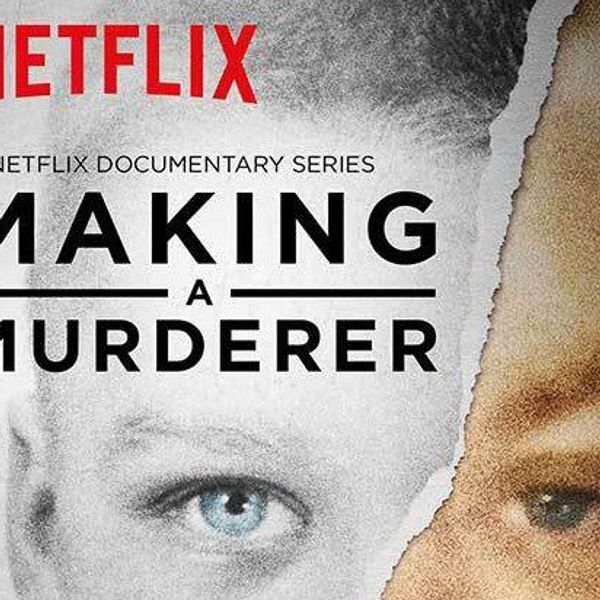In her book, "Incarceration Nations," Baz Dreisinger travels to different countries to explore their criminal justice systems and the methods that they use. I will be focusing on her time in Rwanda to understand if measures of restorative justice can help even the most violent perpetrators. While she was in Rwanda, Dreisinger got to hear the stories of the survivors and victims of the 1994 genocide that killed nearly two million people of Hutu or Tutsi decent. She was also able to go into the prison that holds most of the perpetrators of the genocide—they killed children, women, men, whole entire families. They murdered many, and they would have probably been sentenced to life or given the death penalty here in the states. Rwandans do not see the perpetrators as someone who should die for their sins. They created a society, a country, which focuses on peace— critics even say that they brainwash their people with this mentality of peace.
When Dreisinger goes into a Rwandan prison that holds mostly perpetrators of the Rwandan genocide, she is shocked. She explains this prison as vastly different from those in the U.S. The atmosphere is lighter and the prisoners are nicer to visitors—they are excited about talking with the students Dreisinger brings with her. Dreisinger finds herself in a conversation with a guard after realizing that he is not carrying a gun. The guard explains that there is almost no violence in the prison because it is run with a prison-run government led by a capita general. Dreisinger believes that we need to focus on more restorative measures within the U.S. justice system, “This reality — the human capacity, our capacity, for evil — should not distance us from those who commit atrocities. Quite the contrary, it should remind us of a fine line: if not for some grace, there go we.”
This causes me to stop and think about the U.S. prisons system — how did we even get to the place where we try to fight violence with violence? To fight injustice with injustice? Isn’t this the very heart of restorative justice? But by the grace of God, there go I? When did we start to see those who commit crimes as the “other;” as the one that has leprosy and the slightest act of kindness towards them would cause us to become infected? This thought process made me wonder why we question if restorative justice is effective and if it is why it can only be effective on certain types of criminals. We think that murders are heinous and that they are monsters when, in reality, their crime was heinous and monstrous. The person behind the crime is still a person. And most murders are not serial killers — they are people who made a bad choice due to one reason or another (ex: abused by parent or spouse and acted in self-defense, a previous member of a gang who saw no other option than do what their “family” was asking them to do, a drug supplier who saw no other way to deal with the disloyalty of their dealers, etc.). How did we get to a place where we decided that restoration was not an option when we are living in such a hurting and broken world?
Restorative justice does not go without correction, but it does go without retribution (which is described as, “punishment inflicted on someone as vengeance for a wrong criminal act, (Google Answers). Vengeance or revenge will never lead to justice that satisfies the brokenness in the human soul. It will only further the bitterness that a victim feels towards their perpetrator. Humans are not designed to take the pain and suffering of another and feel good about it.
It is only in forgiveness that one will feel that gaping hole in their heart start to close. Retribution will not do this. Punishment will not do this. Only forgiveness will restore that hurting place in the human soul. This is not to say that forgiveness is easy or will be something that happens quickly. There is a mourning and grieving process that comes with any kind of loss and it is important to work through those processes before one tries to move into a place of forgiveness. And forgiveness will be a choice that will have to be made over and over again. Daily. “Forgiveness does not mean condoning what has been done, it means taking what happened seriously and not minimizing it; drawing out the sting in the memory that threatens to poison our entire existence. It involves trying to understand the perpetrators and so have empathy, to try to stand in their shoes and appreciate the sort of pressures and influences that night have conditioned them," Desmond Tutu.
Retribution is moving in the opposite direction of forgiveness and can often hurt more than it helps. It will continue to teach the perpetrator that they are nothing more than the crimes that they have committed and that they will never be able to move past this; that they will never be able to amount to anything more than a criminal. Restorative justice starts to move in the direction of forgiveness. It starts the process of healing for both the victim and the perpetrator. Restorative justice says, “What you did was wrong, but you are more than a criminal. You are a human being and it is only but by the grace of God, there go I.”





















